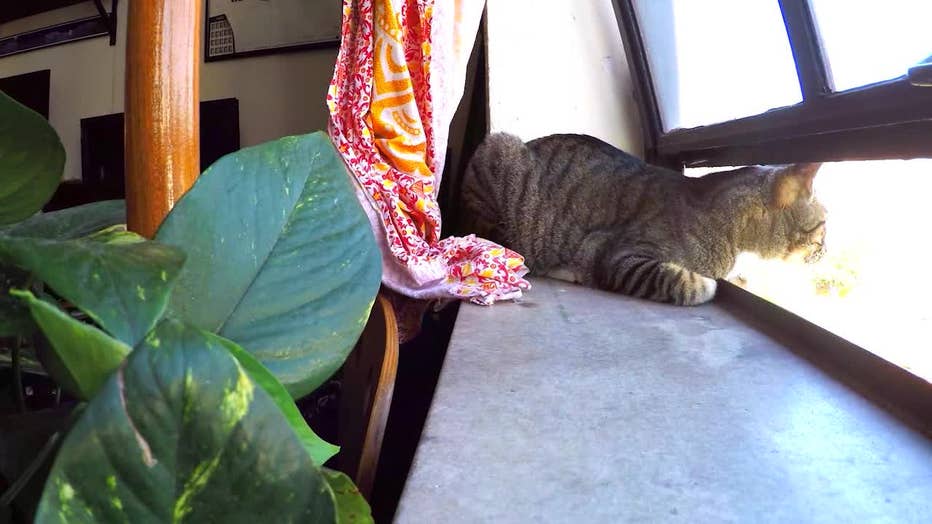Spring, summer can be harder than winter for some seasonal depression sufferers

Seasonal Affective Disorder can trigger depression in warmer months
Most people experience Seasonal Affective Disorder, or SAD, during the winter months, but some get hit hardest in the spring and summer. The FOX Medical Team's Beth Galvin talks about the disorder's symptoms and how those experiencing SAD can reduce its impact.
ATLANTA - About 5% of Americans experience Seasonal Affective Disorder or SAD, which is a type of depression that has a seasonal pattern.
For most, the symptoms worsen in the fall and winter, and improve in the spring as we get a boost in sunlight.
But about 10% of people with SAD experience a worsening of symptoms in the warmer months, something know as summer-pattern seasonal affective disorder or SAD.

Spelman College licensed professional counselor Pamela Walton says feeling worse at a time of year most people are enjoying the warmer weather and longer days can be confusing.
"It's like it increases the feelings of depression, because they feel like, 'I ought to be out of this by now, I ought to be feeling better by now,'" Walton explains. "You know, this is, you know, the bright season of vacations. 'Everyone else seems to be happy. Why am I not?'"
It's not clear why seasonal changes can trigger depression.
But, researchers believe shifts in hormones like serotonin and melatonin, may throw off our body's natural daily rhythms, which can trigger mood, sleep and behavior problems.

The National Institute of Mental Health says summer-pattern SAD has its own specific symptoms:
- Trouble sleeping
- Poor appetite that can lead to weight loss
- Restlessness and agitation
- Anxiety
- An increase in violent behavior
"For some, it's a feeling of agitation or irritability or anger, and they don't understand where that comes from," Walton says.
Getting more sunlight can help ease summer-pattern SAD symptoms, Walton says, as can getting onto a more consistent sleep schedule, where you go to bed and wake up at the same time every day.
"Exercise is always a good thing for decreasing symptoms of depression and anxiety," Walton adds. " Having a social connection is very important. You know, reaching out to friends and family for support, because it gets hard during that time."

If you try those things, and you are not feeling better, Walton says, there are treatments that can be helpful.
"If their symptoms persist for weeks at a time, and there's not much of a letup, at that point, the recommendation would be to see your doctor, or a medical professional," she says.
There are four main treatment approaches for seasonal affective disorder, including light therapy, talk therapy, antidepressant medications and vitamin D for those who are deficient in vitamin D.

